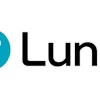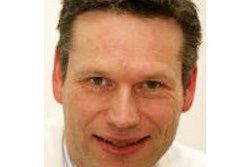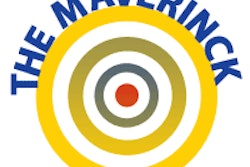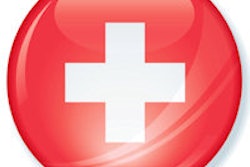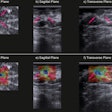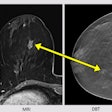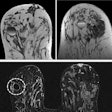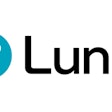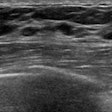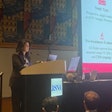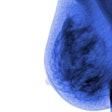The decision to participate in mammography for breast cancer screening needs to be an informed choice considering all factors, rather than an automatic process, according to doctors at the recent World Congress on the Menopause in Cancun, Mexico.
A major session at the congress debated the benefits and risks associated with regular mammography screening. Dr. Eugenio Paci, from the Clinical and Descriptive Epidemiology Unit, ISPO - Cancer Prevention and Research Institute in Florence, Italy, presented work from the European Screening Network (Euroscreen), showing overdiagnosis is at the lower end of the estimates. The findings indicate that screening 1,000 women saves up to seven lives, with only four women overdiagnosed.
There has been a lot of press debating the pros and cons of mammography, and women need to be able to make sense of it, he noted.
"Our analysis shows that mammography saves lives, but we know that a certain amount of overdiagnosis exists: This is effectively a potential medical harm," Paci said. "Women need to be able to discuss the use of mammography and any treatment, to allow them to make decisions which are right for them, and we would urge healthcare providers and doctors to allow women to take more involvement in these important choices."
There also needs to be a better understanding of how aggressive or not a cancer might be, with more research required.
"The problem is not really with the screening, it's what you do when it looks like you have found something suspicious," he said. "But I believe that screening needs to continue and to be improved."
In a counteranalysis, Dr. Robin Bell, a professor and the deputy director at the Women's Health Research Program at Monash University in Melbourne, Australia, presented findings showing that up to 40% of invasive breast cancer cases identified in women invited for mammography may be overdiagnosed, and the total number of deaths in screened patients does not drop when measured against nonscreened patients. This indicates that screening has few benefits, she said.
It's time for a review of the routine invitation of women for screening mammography, Bell said.
"When women receive an invitation for screening mammography, they reasonably assume that on balance the benefits for them outweigh the risks," she commented. "If there was no routine invitation for screening, then the onus would be on the woman to pursue screening and she could discuss in detail the pros and cons of screening with her healthcare provider. This would encourage the presentation of balanced information about the benefits and harms of screening and ensure women give truly informed consent for the procedure."
Women and doctors need to move to a new, more inclusive way of communicating the risks and benefits of mammography, according to both doctors.
Dr. Susan Davis, commenting on behalf of the International Menopause Society, which hosted the congress, said, "Women need to be aware that almost nothing in medicine is either completely good or completely bad -- treatments which benefit will have potential side effects. The variables are complex, and we are unlikely to get definitive data which say yes or no to mammography, so we need to make decisions based on what we have."



